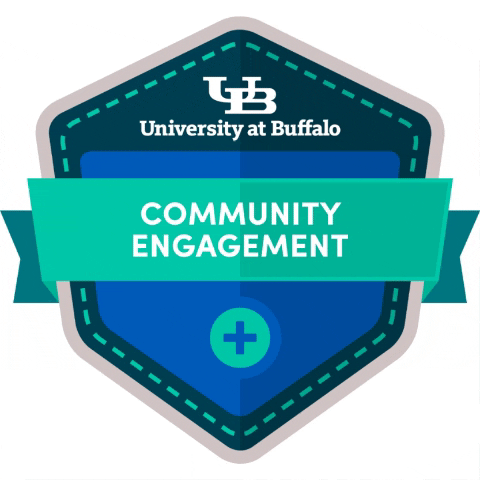Neurological Disease and Disorder Research Opportunities

The Buffalo Neuroimaging Analysis Center (BNAC) is seeking students with strong backgrounds in neuroscience, physics and mathematics to work on quantitative imaging research related to neurological diseases and disorders through innovative techniques and application of bioinformatics resources.
Project description
The Buffalo Neuroimaging Analysis Center (BNAC) was established in 2000 as a quantitative imaging research center with the goal of extending the boundaries of current knowledge regarding neurological diseases and disorders through innovative research techniques and the application of bioinformatics resources. With the aid of talented researchers, BNAC grew quickly. The Center is equipped with the necessary technology, software and experience to carry out specialized neuroimaging studies and houses a computer center that performs quantitative analysis of MRI scans. The BNAC network, designed for security and speed, connects thirty workstations to the server and backup server. Gigabytes Ethernet-based networking provides high-speed access to data from anywhere on the BNAC network. Connections managed by firewalls allow a constant flow of new images from external MRI centers to its internal network, allowing scans to arrive at The BNAC within minutes of acquisition.
In addition to conventional quantitative analysis, BNAC is a leader in the development of new analysis techniques geared toward obtaining a more complete understanding of underlying disease processes. Since its inception, BNAC has been establishing itself as a world leader in global and regional quantitative brain atrophy research in multiple sclerosis (MS) as well as other neurodegenerative disorders such as Parkinson’s and Alzheimer’s. The BNAC strives to improve the research of neurological diseases and disorders as well as to properly identify these illnesses using improved diagnostic tools as well as its clinical, MRI and genetic correlates. Numerous peer-reviewed publications, books and book chapters, as well as awards reflect our high-quality of research. Since the beginning, BNAC research projects have involved international collaboration with a variety of clinicians and scientists pursuing the use of quantitative magnetic resonance imaging (MRI) to study brain disorders.
The BNAC has taken part in more than $20 million of research grant projects. Hence, The Buffalo Neuroimaging Analysis Center is seeking students to work on research projects during the summer break or throughout the calendar year. Students who have a strong background in neuroscience, physics and mathematics (particularly numerical approaches) and would like to work on the implementation of these post-processing techniques in research and clinical settings are welcome. Students that will be considered include: Ph.D., Masters, Medical Students, Graduate and Undergraduate. Ideally, candidates will also have some image processing experience and be skilled in Matlab or C/C++ and SPSS. Imaging techniques: Iron imaging, Myelin imaging, Regional atrophy, Venous flow research, Optical coherence tomography, Diffusion tensor imaging, functional MRI. Imaging application: Multiple Sclerosis, Alzheimer's Disease, Parkinson’s Disease, Epilepsy, Stroke and Aging.
Project outcome
The specific outcomes of this project will be identified by the faculty mentor at the beginning of your collaboration.
Project details
| Length of commitment | To be determined by student/mentor |
| Start time | Fall, Spring, Summer |
| In-person, remote, or hybrid? | In-person |
| Level of collaboration | To be determined by student/mentor |
| Benefits | Salary/Stipend, Volunteer |
| Who is eligible | Ideally, candidates will also have some image processing experience and be skilled in Matlab or C/C++ and SPSS. |
Students participating in this project might be interested in and eligible for the Goldwater Scholarship and the National Science Foundation Graduate Research Fellowship. Connect with the Office of Fellowships and Scholarships to learn more.
Project mentor
Robert Zivadinov
Professor
Medicine and Biomedical Sciences
Start the project
- Email the project mentor using the contact information above to express your interest and get approval to work on the project. (Here are helpful tips on how to contact a project mentor.)
- After you receive approval from the mentor to start this project, click the button to start the digital badge. (Learn more about ELN's digital badge options.)
Preparation activities
The specific preparation activities for this project will be customized through discussions between you and your project mentor. Please be sure to ask them for the instructions to complete the required preparation activities.
Keywords
Medicine and Biomedical Sciences
